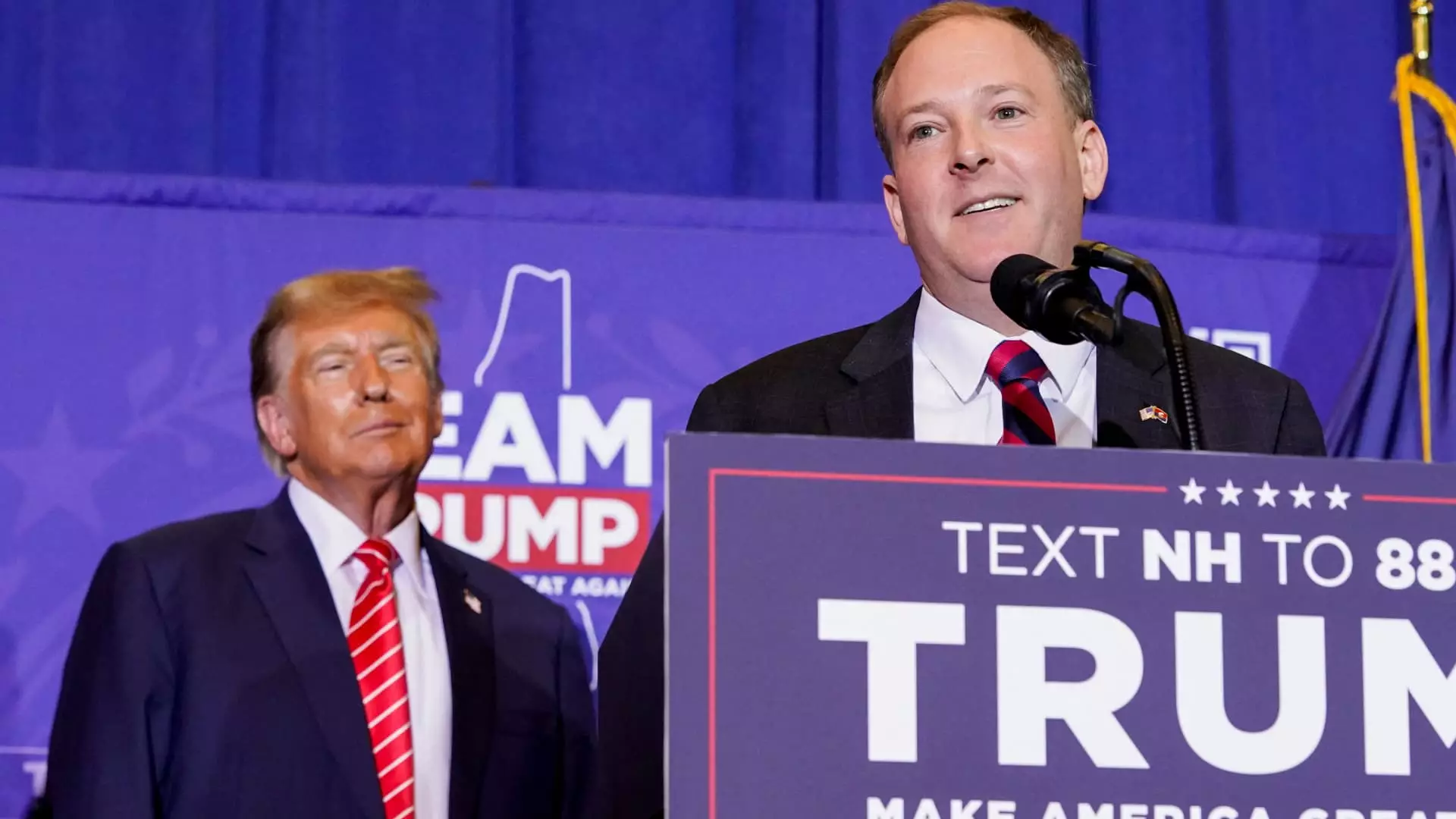As the political landscape shifts with the impending administration of President-elect Donald Trump, his recent cabinet appointments have stirred significant discussion, particularly in relation to environmental policy. The selection of Lee Zeldin as the head of the Environmental Protection Agency (EPA) and Elise Stefanik as the U.S. ambassador to the United Nations highlights a complex interplay between party loyalty, political ideologies, and environmental concerns.
Donald Trump announced the appointment of Lee Zeldin as EPA administrator, a decision that has raised eyebrows among environmental advocates and community stakeholders alike. Zeldin, a former congressman known for his “America First” stance, has expressed intentions to roll back regulations he views as detrimental to business productivity. His previous tenure in Congress was marked by a low lifetime rating from environmental organizations, notably earning a mere 14% score from the League of Conservation Voters due to a history of votes considered detrimental to environmental legislation.
Zeldin’s rhetoric suggests a firm commitment to American businesses, touting promises to unleash the potential of U.S. industries while maintaining some level of environmental stewardship. His comments about “restoring U.S. energy dominance” project a future where economic growth takes precedence, potentially at the expense of environmental safeguards. Environmental advocates, including prominent organizations like the Sierra Club, quickly condemned this selection, arguing that it signifies a regression in efforts to protect vital resources. The appointment of someone with a history of opposing environmental protections raises critical questions regarding the future of air and water quality standards in the U.S.
In tandem with Zeldin’s controversial appointment, Trump named Elise Stefanik as his ambassador to the United Nations, a role that positions her at the global forefront of American diplomacy. While Stefanik has demonstrated strong party loyalty, being the first member of Congress to endorse Trump, it remains to be seen how her perspectives and policies will translate on an international stage, especially concerning global environmental agreements.
Stefanik’s involvement in key committees such as House Armed Services and House Intelligence suggests that her focus may lean more toward national security rather than environmental diplomacy. Critics have voiced concerns that her appointment may signal a departure from proactive engagement in global environmental issues, which would be detrimental as the world increasingly confronts challenges posed by climate change.
The appointments of Zeldin and Stefanik highlight a broader trend of prioritizing business interests over environmental regulations within the Trump administration. Zeldin’s promises to “restore energy dominance” and to “revitalize” the auto industry may indicate an aggressive push for fossil fuel expansion, undermining previously established commitments to clean energy and sustainability.
Moreover, this choice raises an important question about the role of the EPA: Will it stand as a guardian of environmental health, or will it shift to a facilitator of corporate interests? The power dynamics in the coming administration will likely dictate the balance between economic growth and environmental protection, a balancing act that has long history of contention in U.S. politics.
As the Trump administration assembles its cabinet, the implications of these appointments exemplify a clear ideological alignment with pro-business, anti-regulatory sentiments. The criticisms from environmental advocates underscore the potential consequences of these leadership choices, prompting calls for vigilance and activism in the face of growing environmental threats. As citizens look ahead to the next administration, it is essential to be informed and proactive regarding policies that will shape the future of the planet. Whether through grassroots movements or public advocacy, the importance of prioritizing environmental health cannot be overstated in the coming years.



Leave a Reply